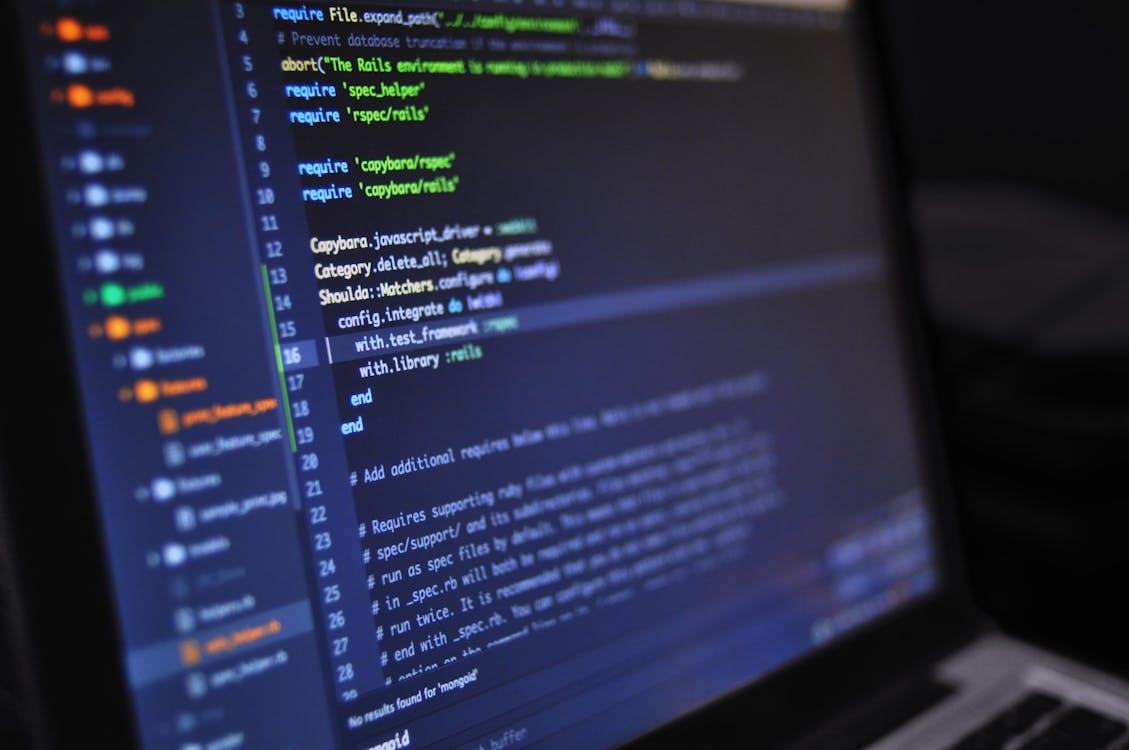Programming with the Power of AI: Unlocking New Possibilities
Artificial Intelligence (AI) is revolutionizing various industries, and programming is no exception. With the help of AI and machine learning, programmers can automate repetitive tasks, enhance software development processes, and unlock new possibilities. In this article, we'll explore how AI is transforming programming and the benefits it brings to developers.
1. Automating Repetitive Tasks
AI can assist programmers by automating repetitive and mundane tasks, freeing up valuable time for more creative and complex work. Consider the following use cases:
- Code generation: AI models, such as GPT-3, can generate code snippets based on input descriptions, reducing the time and effort required for initial implementation.
- Bug detection: Machine learning algorithms can analyze code and detect potential bugs or vulnerabilities, helping to improve code quality and reduce debugging time.
2. Intelligent Code Completion
AI-powered code editors and integrated development environments (IDEs) offer intelligent code completion suggestions based on context and code patterns. These tools analyze large code repositories and provide developers with accurate suggestions, improving productivity and reducing errors.
- AI-powered code completion tools like TabNine or Kite can predict and suggest code snippets, function signatures, and variable names as you type, saving time and reducing keystrokes.
3. Optimizing Performance and Efficiency
AI can optimize program performance and efficiency by analyzing code patterns, profiling execution, and suggesting improvements. Some AI techniques that help in this area include:
- Neural network optimization: AI models can learn to optimize neural network architectures, improving computational efficiency and reducing resource consumption.
- Compiler optimizations: Machine learning algorithms can analyze code and suggest compiler optimizations to enhance performance, memory usage, or power consumption.
4. Intelligent Testing and Debugging
AI can assist in testing and debugging processes by analyzing code, identifying potential issues, and suggesting fixes. Some AI-based techniques for testing and debugging include:
- Automated test case generation: AI models can generate test cases based on code analysis, helping to ensure broader test coverage and reduce manual effort.
- Anomaly detection: Machine learning algorithms can detect anomalies in code execution, aiding in identifying and fixing elusive bugs.
5. Personalized Learning and Knowledge Sharing
AI-powered platforms and tools can offer personalized learning experiences and facilitate knowledge sharing within the programming community. Examples include:
- Intelligent code tutors: AI models can provide personalized coding exercises and feedback, tailoring learning experiences to individual programmers' needs.
- AI-driven Q&A platforms: AI-powered platforms can assist programmers by suggesting relevant answers and solutions based on previous discussions and code repositories.
Conclusion
AI is transforming the way programmers work, allowing them to automate repetitive tasks, enhance productivity, optimize performance, and improve software quality. Embracing AI in programming can unlock new possibilities and empower developers to focus on more creative and challenging aspects of their work.
As AI continues to advance, it's crucial for programmers to keep up with the latest developments and explore how they can leverage AI tools and techniques to enhance their programming skills and efficiency.
We hope this article has given you insights into the potential of programming with the power of AI. Share your thoughts and experiences in the comments below.
Happy coding and exploring the exciting world of AI-powered programming!
